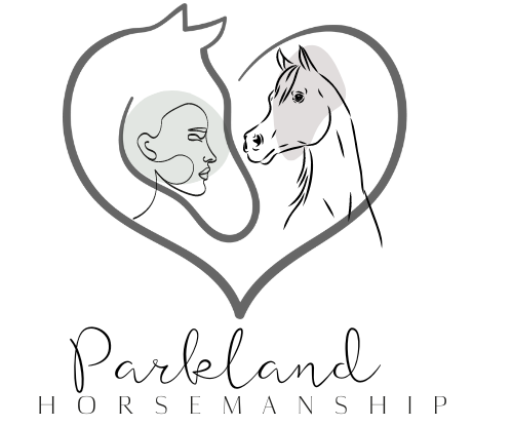Equine Assisted Learning fosters life skills that aid educational achievement while simultaneously building trust, confidence, and teamwork among at-risk youth.
Participants learn to communicate with horses through ground and horseback-mounted activities, developing an in-depth knowledge of herd dynamics and animal behavior as they receive instant, nonjudgmental feedback from the horses themselves.
1. Increased Self-Esteem
Children quickly realize that their actions and behavior have lasting repercussions when spending time with horses. Furthermore, they receive instant feedback from them as they groom, feed, and interact with them.
One of the greatest lessons children learn from time with horses is that mistakes and bad decisions won’t be judged like in school or at home; horses immediately forgive any missteps they make and this helps children feel validated while providing courage to try something new without fearing failure.
This study measured psychological factors such as social support, self-esteem and general self-efficacy as pre and post tests. Furthermore, adolescents’ perceptions of their mastery of relational and task specific skills with horses was investigated.
2. Improved Self-Confidence
Students of all ages can learn to identify body language, social cues and confidence while working with horses – making this an exceptional way of increasing self-confidence while increasing ability to cope with challenge in a supportive environment.
One study involved 63 participants. Before and after engaging in activities involving horseback riding with an instructor, these questionnaires measured psychological factors like perceived social support and general self-efficacy; additionally they answered questions regarding their development of relational and task-specific skills with their horse partner.
At a small ranch in central Nebraska, teacher Nancy Lyon is working with Clayton, 11, on math problems while his therapy horses Frosty and Misty look on. Nancy Lyon refers to this method of education as “horse-powered learning,” designed to help overcome fears and remove any barriers preventing students from succeeding academically.
3. Increased Self-Awareness
Children learn that by developing relationships with animals who demonstrate unconditional love, they can better recognize their worth. Furthermore, by learning to view things from a horse’s point of view they gain more perspective allowing them to let go of self-defeating thoughts, negative emotions and anxious ruminations that cloud their judgment.
Children benefit greatly from interacting with horses; through doing so, they gain the skills needed to identify social cues and body language, focus better, heighten problem-solving capabilities and manage challenges more successfully – skills they then apply in classroom settings, homes or places of employment.
4. Improved Social Skills
Equine Assisted Learning for children provides them with the opportunity to develop appropriate body language and social cues, increase confidence and self-esteem, broaden focus capabilities and heighten problem-solving abilities – skills which will assist them both at home and school.
Students will take part in both classroom-based lessons on campus and barn-based equine activities at Jacobs’ Ladder Therapeutic Riding Center during this course. Lessons may include non-riding horse activities like grooming, haltering and leading horses through obstacle courses as well as studying herd dynamics and behavioral characteristics of horses.
Teachers and the programme trainer conducted semi-structured interviews with participants after participating in EALE Program, to explore any changes they perceived had taken place in their cognitive, social and psychomotor development during and/or following participation. Key themes identified during these interviews included relationships and trust; communication and confidence; achievement; teamwork and participation.
5. Increased Self-Management
Studies have demonstrated that equine-assisted learning can dramatically enhance children’s cognitive, social, and psychomotor skills. Equine assisted learning helps children discover their surroundings more fully while learning effective communication techniques – as well as form relationships with a horse!
Caretaking duties such as grooming an animal like a horse teach children about kindness, generosity and patience while offering safe ways for taking risks in an open and controlled setting – these lessons are especially helpful for children diagnosed with ADHD as it helps develop their emotional regulation skills and decrease their impulsivity.
Many insurance plans now cover equine-assisted therapy. Speak with your child’s healthcare professional to see if equine-assisted learning could be suitable for him/her, and if so they will require both a prescription from their provider as well as a letter from them verifying medical necessity before qualifying for benefits.

